Literary vs. Practical
Huh. Just ran across, whilst researching, my own essay on Kierkegaard's Sickness unto Death and Hamlet.
It's curious to read it (not too badly written, although I'd forgotten the definition of dialectical), but curiouser still to see that while I can appreciate my old sentiments on a purely literary level, on a practical level I can't support them. My analysis of Hamlet at that time led me, when I directed the infamous soliloquy through to the nunnery scene, to inaction in my blocking - which is, of course, the very opposite of blocking. And, frankly, although one may have a thousand various views on Hamlet as a piece of literature - and may, indeed, have a thousand good reasons for each view - when it comes to putting it on the stage, all the criticisms about inaction and indecision and real madness ought to be simply thrown out the window, for the very simple fact that they ruin the play. We don't come to the theatre to see someone dotter about, and we're not interested in someone who's abandoned free will, and frankly someone who's even so dour that they're suicidal without being even remotely Eeyorish sweet simply makes for bad theatre. Hope and mirth - that's the thing. Hamlet the actor can't be bound to inaction - we come to theatre not only for our own escape but to watch another escape the confines of this "goodly ward" as well. Apotheosis. Yup.
Mood: Finger-drumming iiiiiiiiiiiiiimPATIENT!
Music: Surprisingly none
Thought: We needs a better chair, precious! And thank you, God, for everything tonight. Thank You, thank You, thank You. Amen.
Huh. Just ran across, whilst researching, my own essay on Kierkegaard's Sickness unto Death and Hamlet.
It's curious to read it (not too badly written, although I'd forgotten the definition of dialectical), but curiouser still to see that while I can appreciate my old sentiments on a purely literary level, on a practical level I can't support them. My analysis of Hamlet at that time led me, when I directed the infamous soliloquy through to the nunnery scene, to inaction in my blocking - which is, of course, the very opposite of blocking. And, frankly, although one may have a thousand various views on Hamlet as a piece of literature - and may, indeed, have a thousand good reasons for each view - when it comes to putting it on the stage, all the criticisms about inaction and indecision and real madness ought to be simply thrown out the window, for the very simple fact that they ruin the play. We don't come to the theatre to see someone dotter about, and we're not interested in someone who's abandoned free will, and frankly someone who's even so dour that they're suicidal without being even remotely Eeyorish sweet simply makes for bad theatre. Hope and mirth - that's the thing. Hamlet the actor can't be bound to inaction - we come to theatre not only for our own escape but to watch another escape the confines of this "goodly ward" as well. Apotheosis. Yup.
Mood: Finger-drumming iiiiiiiiiiiiiimPATIENT!
Music: Surprisingly none
Thought: We needs a better chair, precious! And thank you, God, for everything tonight. Thank You, thank You, thank You. Amen.
 The sporadic ramblings of Emily C. A. Snyder - devoted to God, theatre, writing, and much randominity.
The sporadic ramblings of Emily C. A. Snyder - devoted to God, theatre, writing, and much randominity.
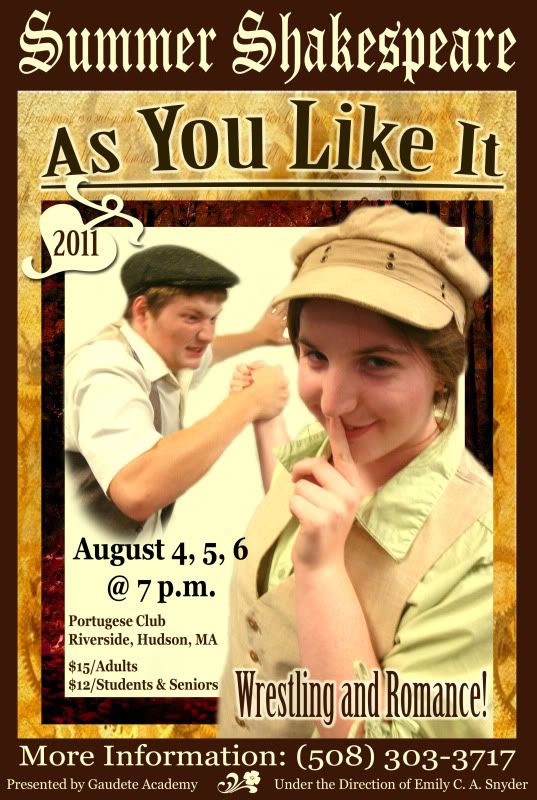

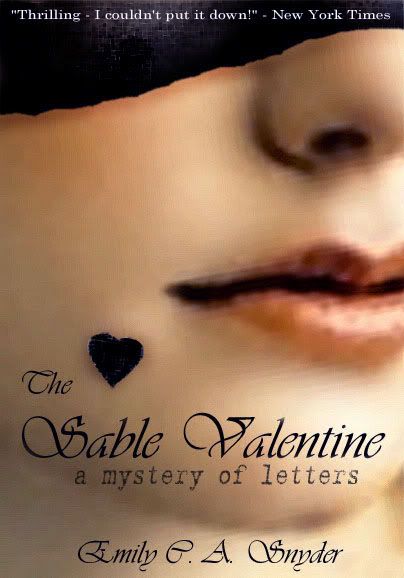






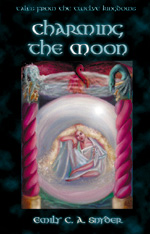


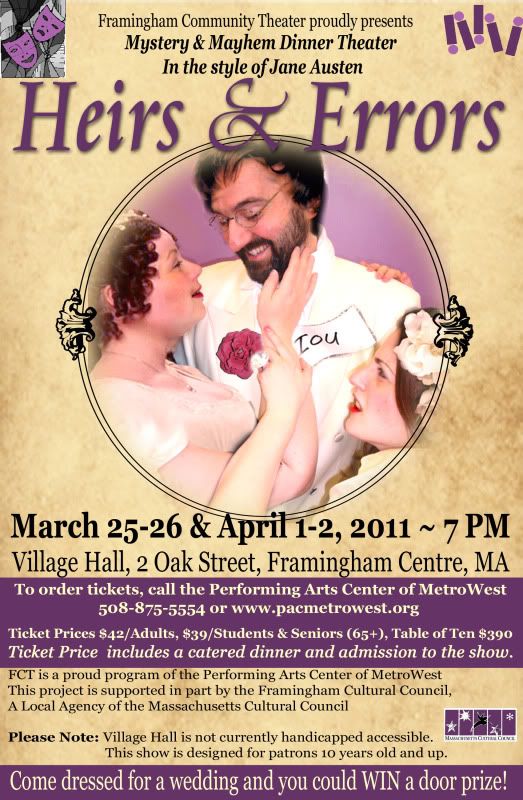

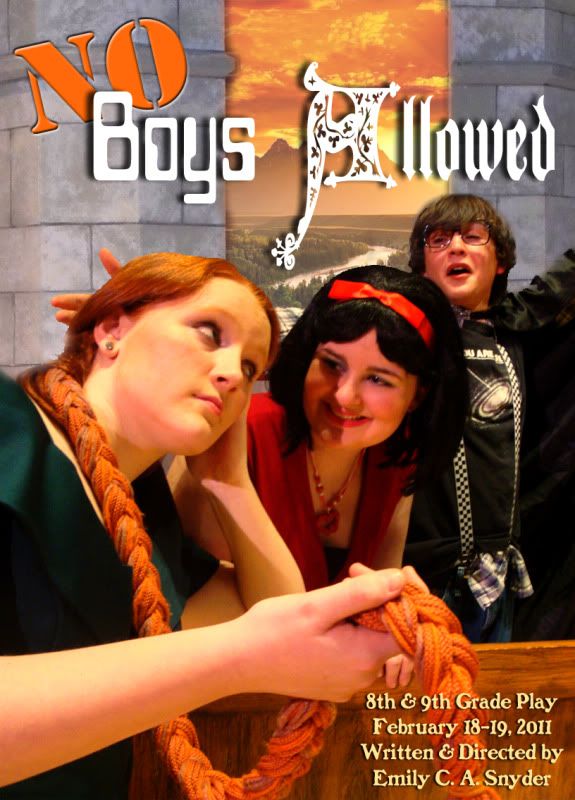



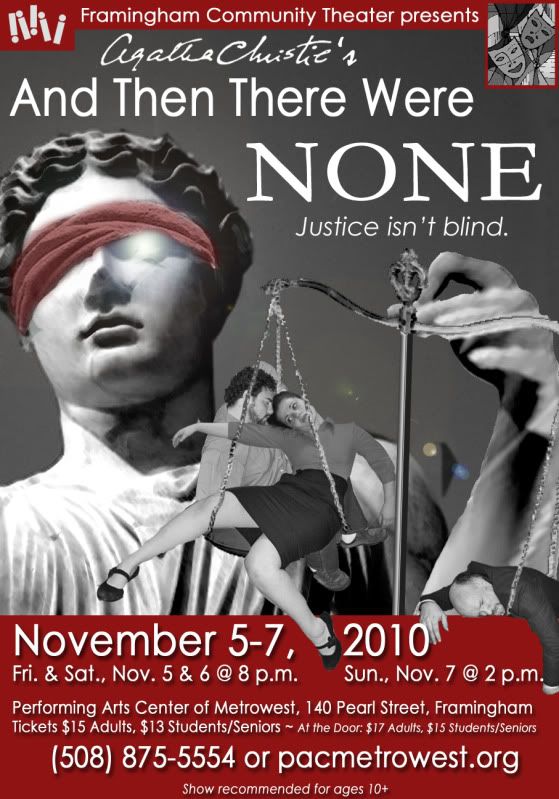


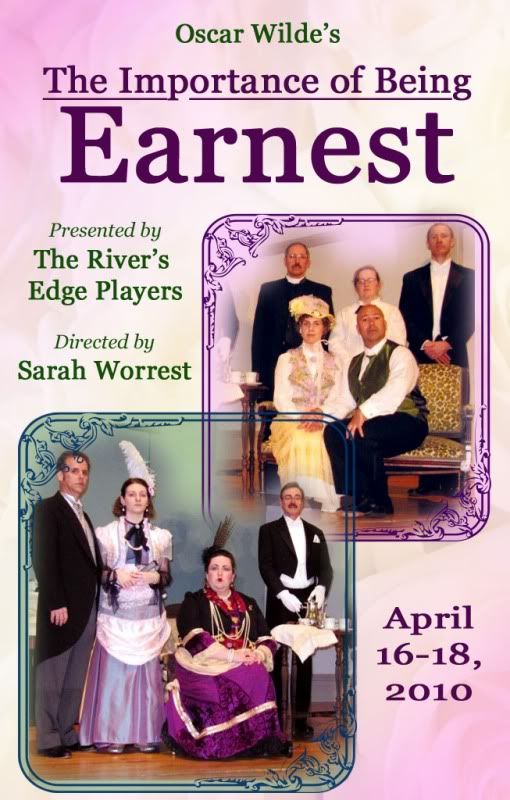
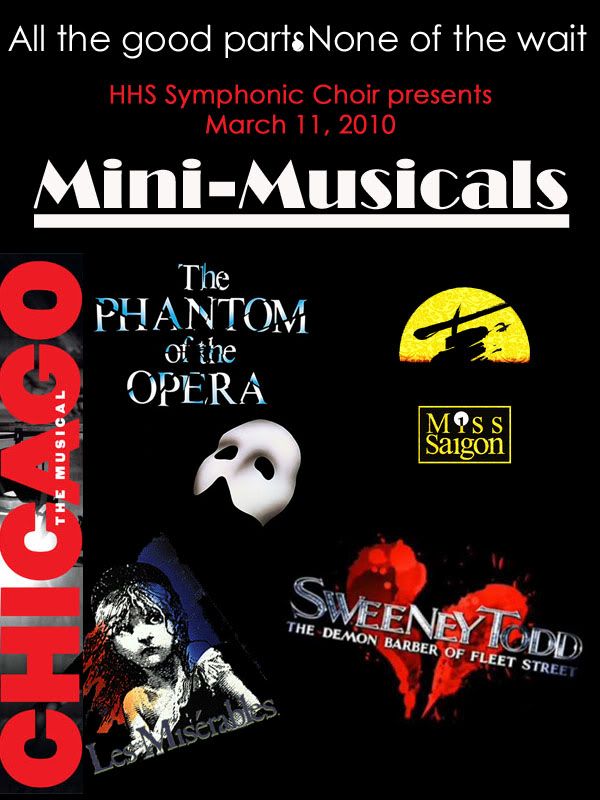
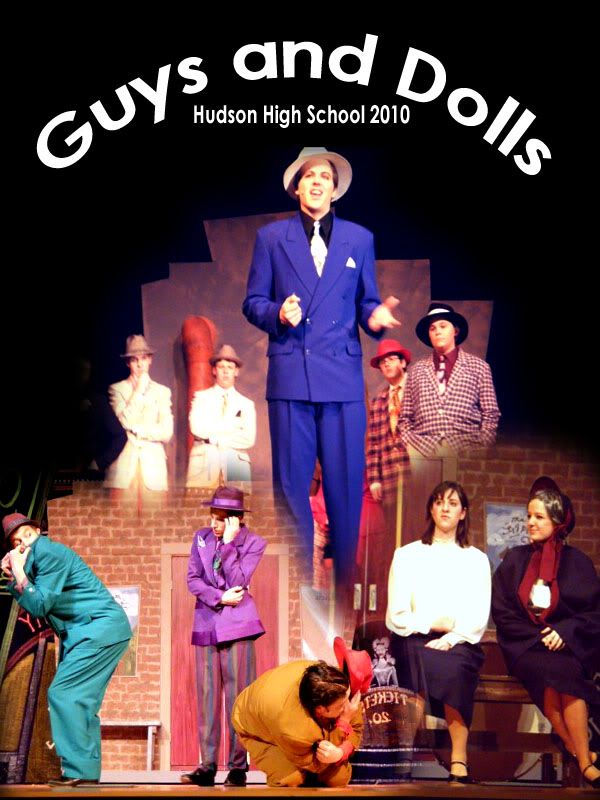


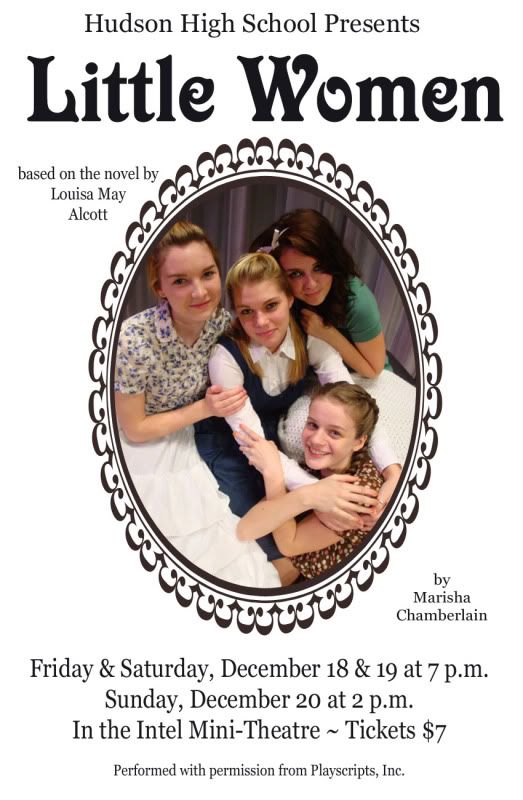
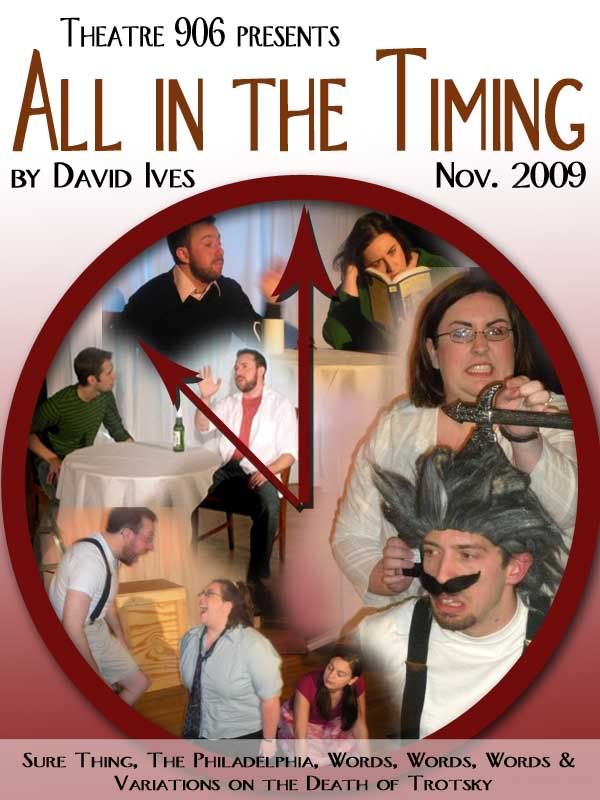
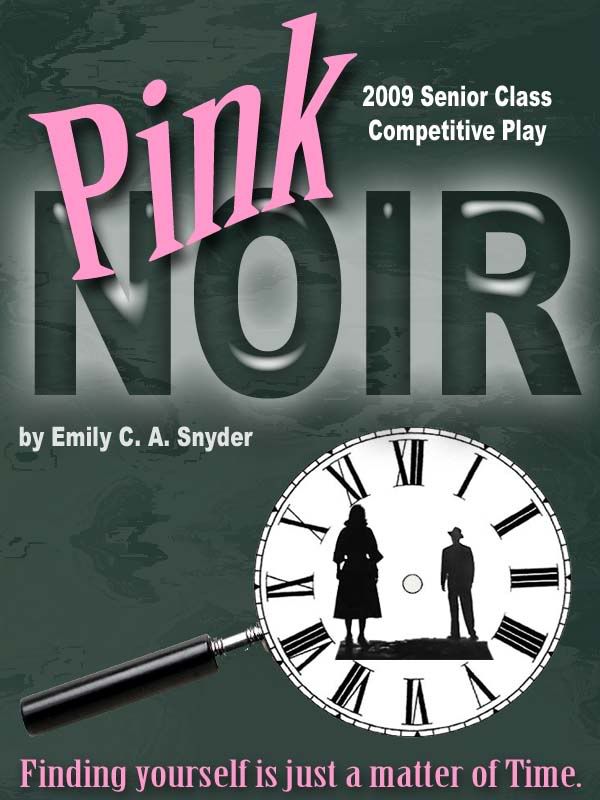
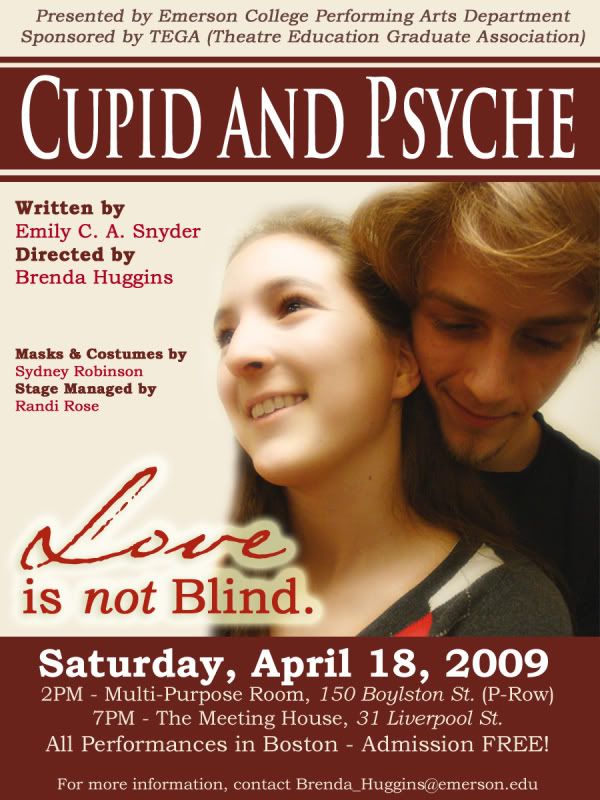
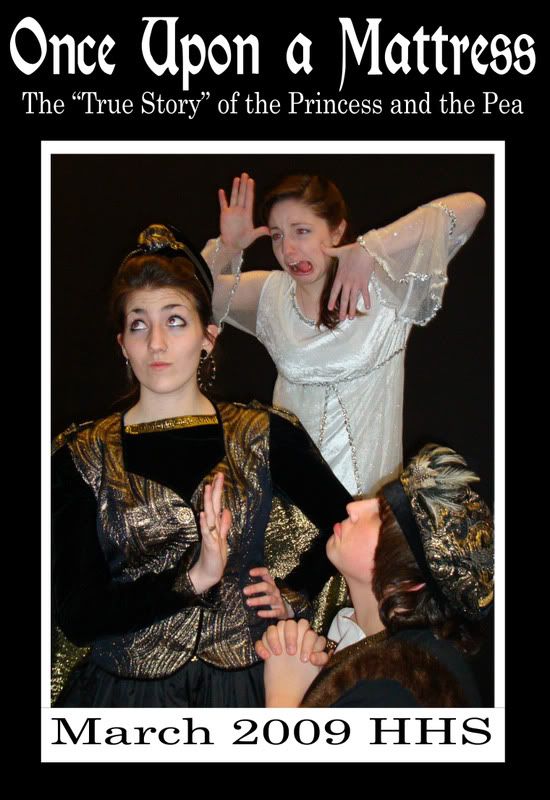
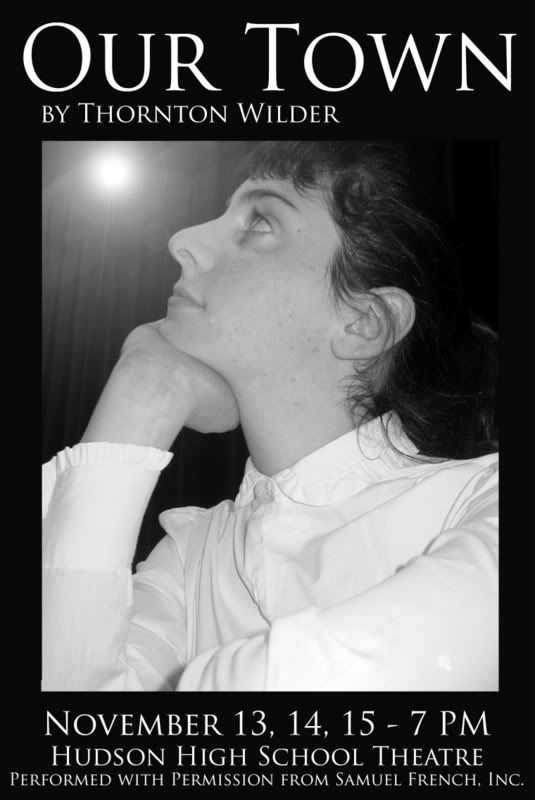

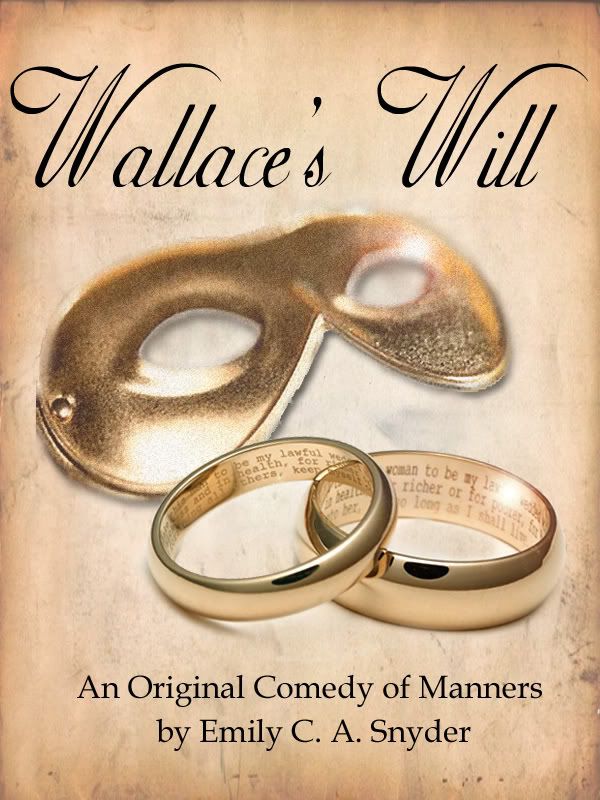


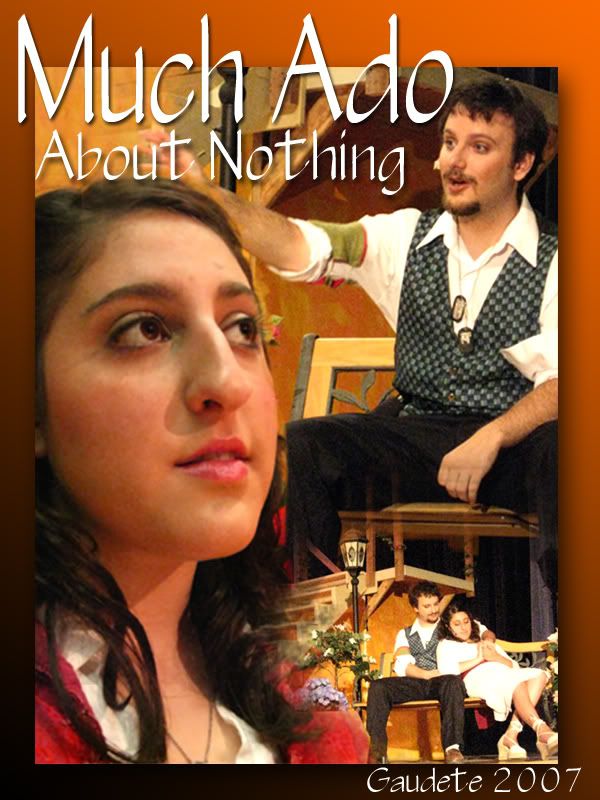
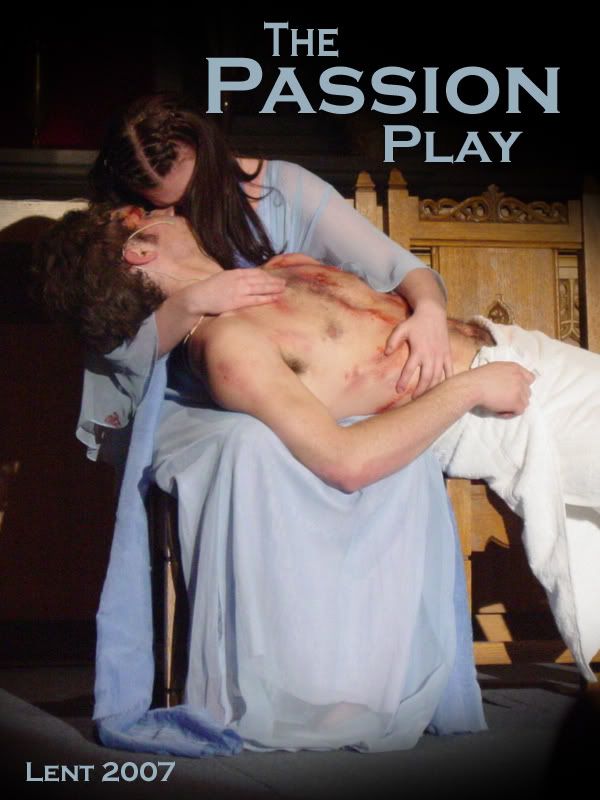
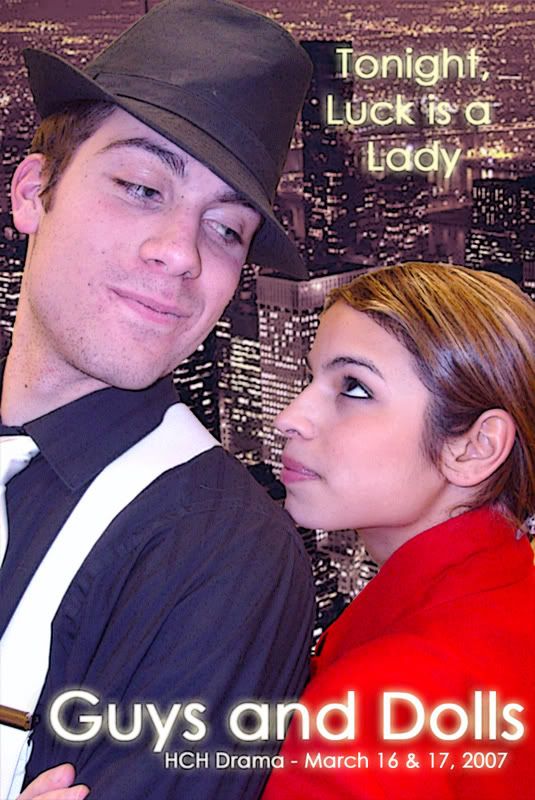
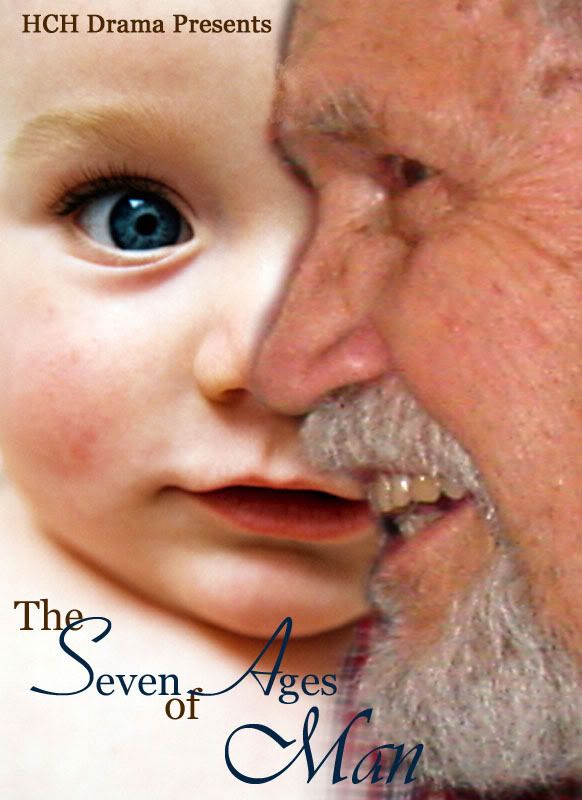

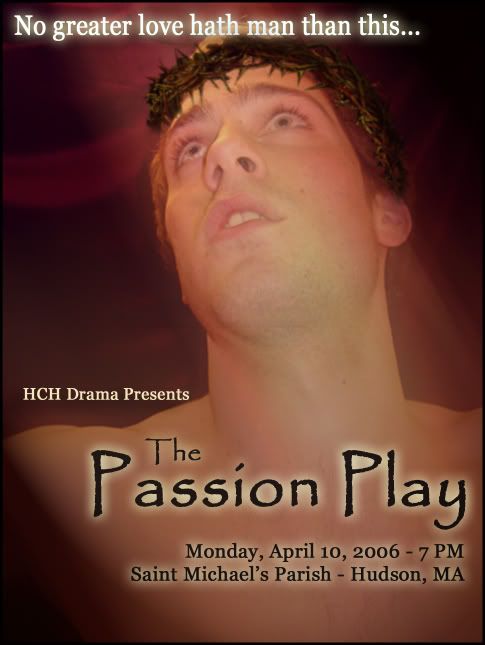
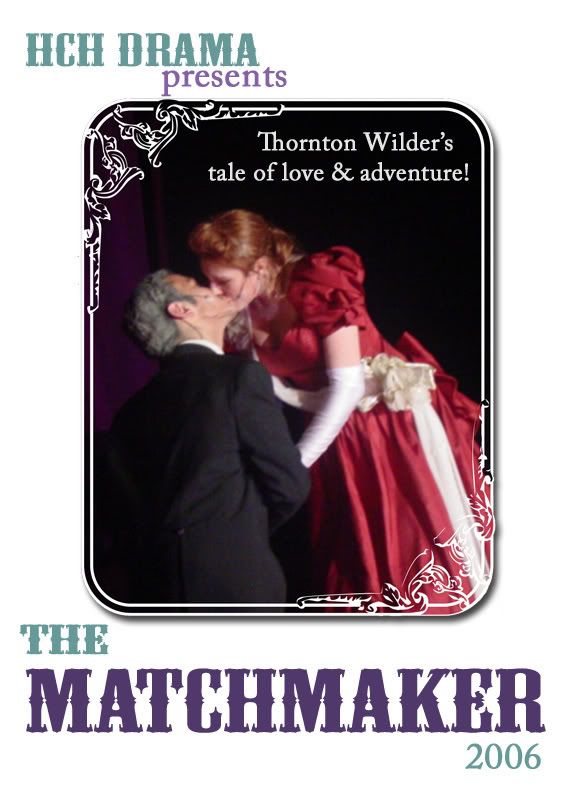




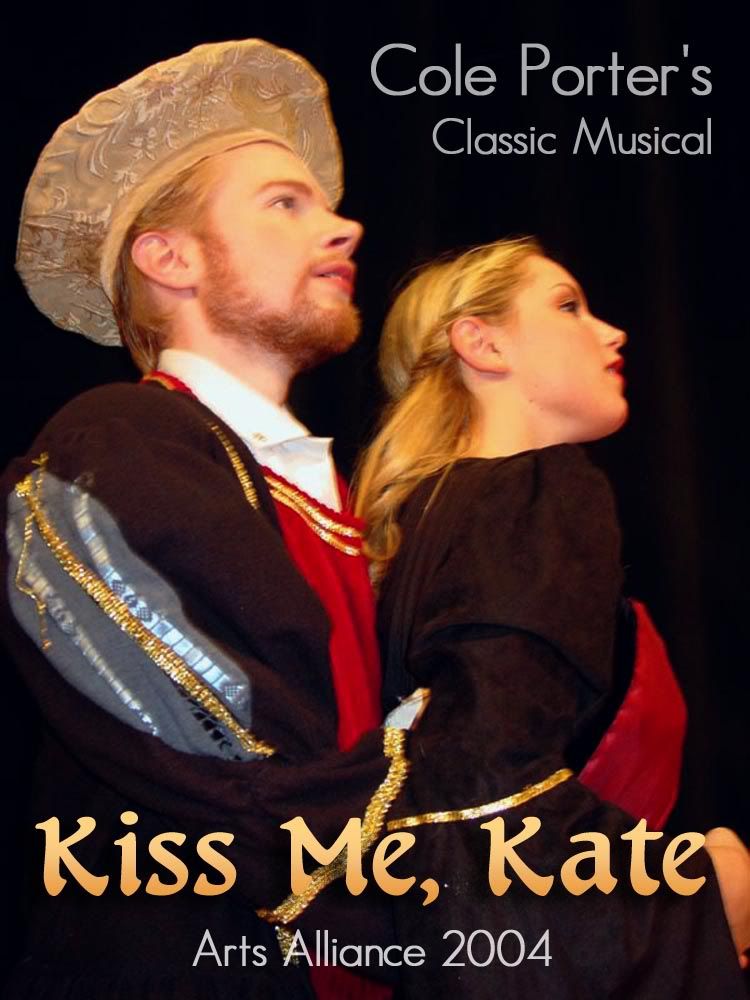

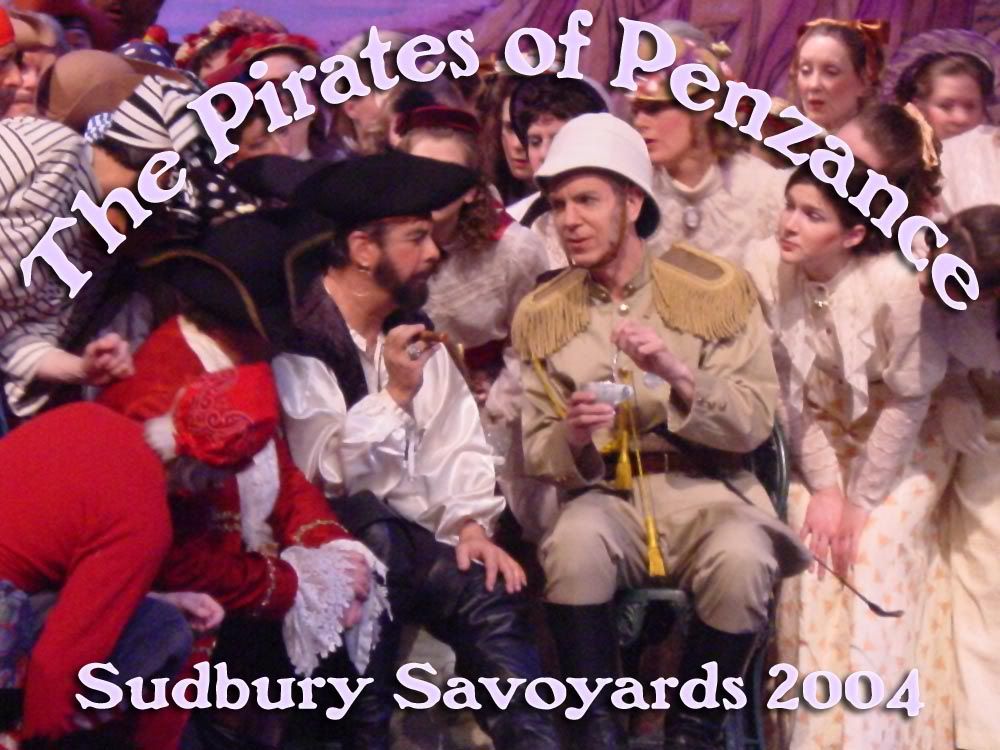

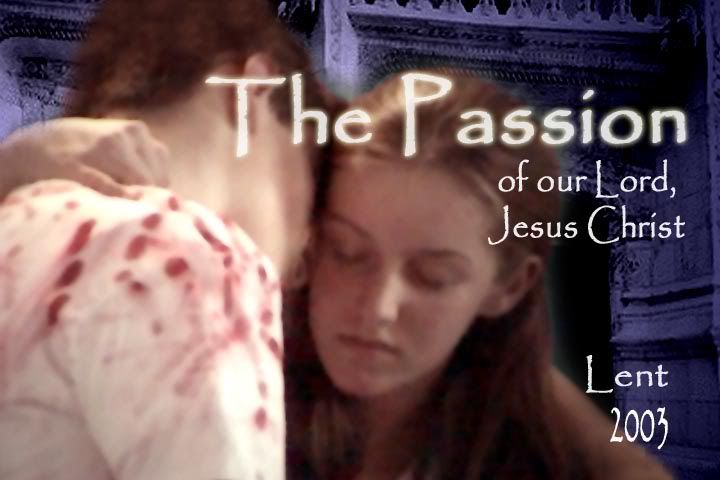

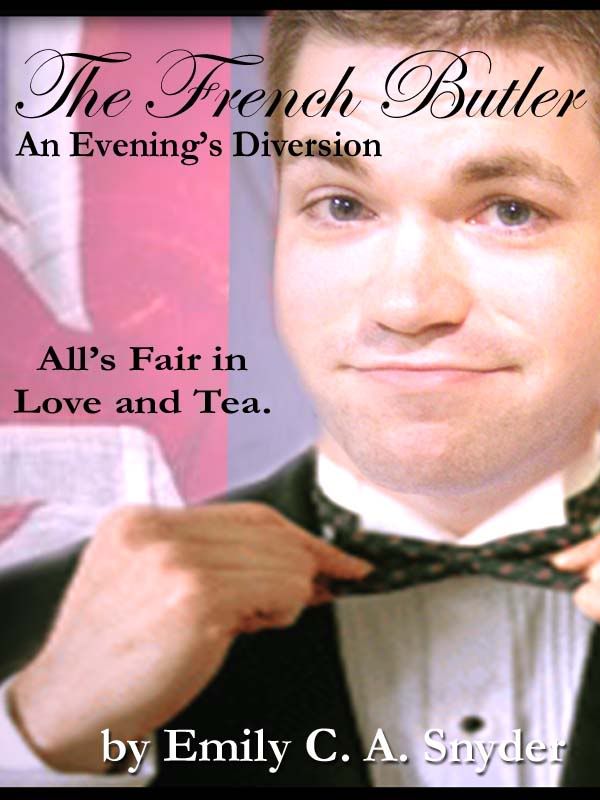
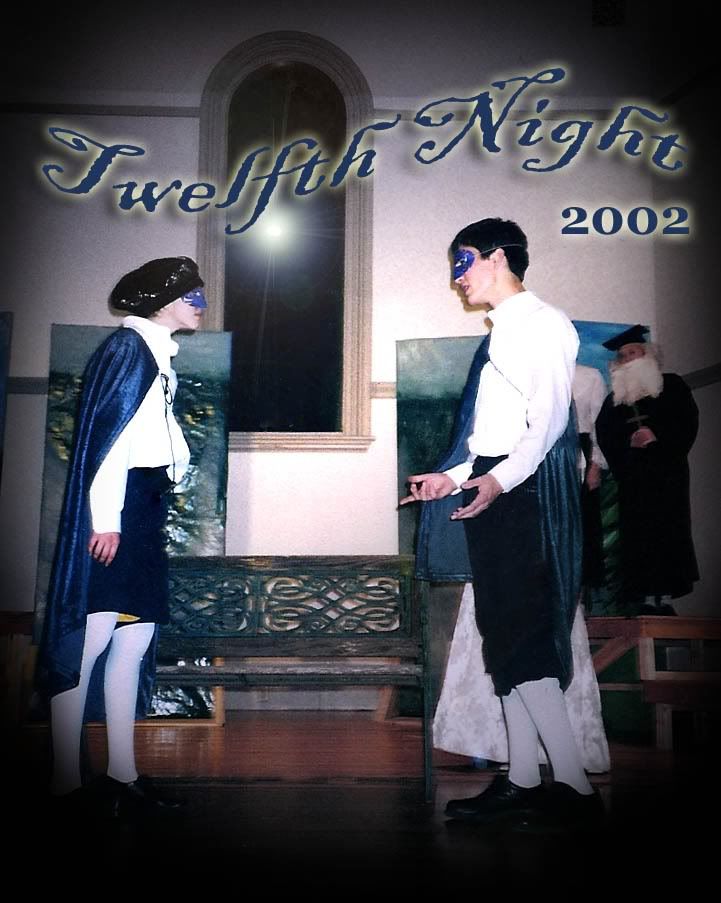
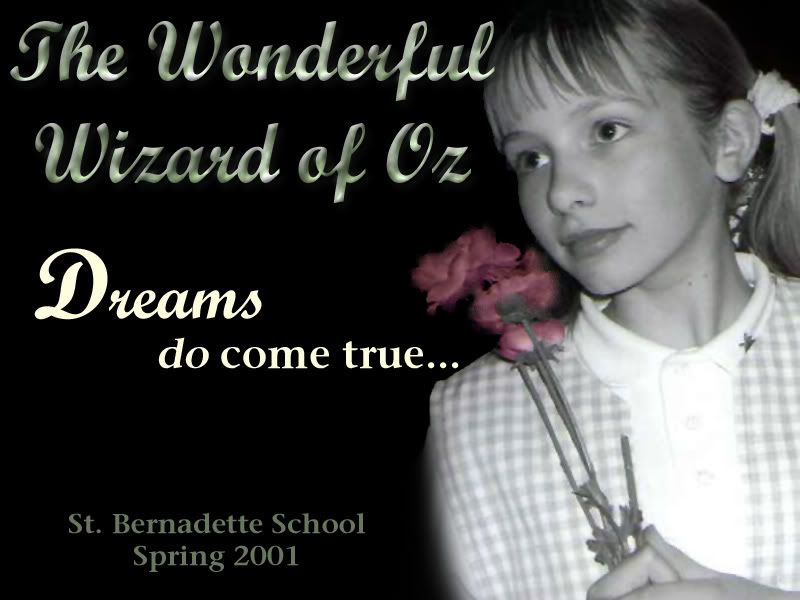
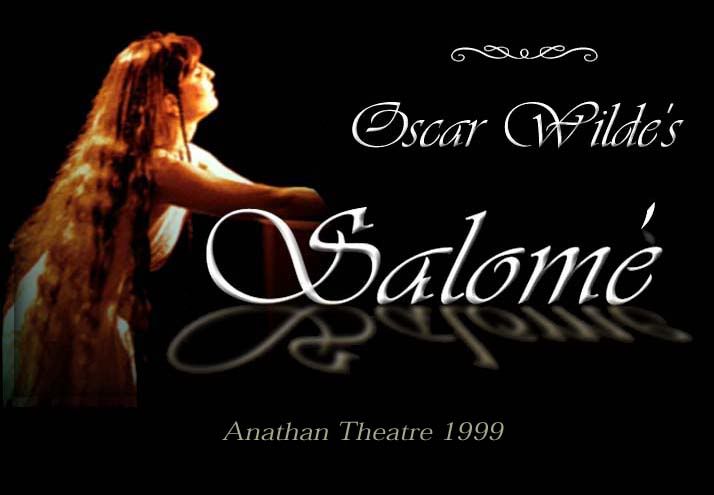
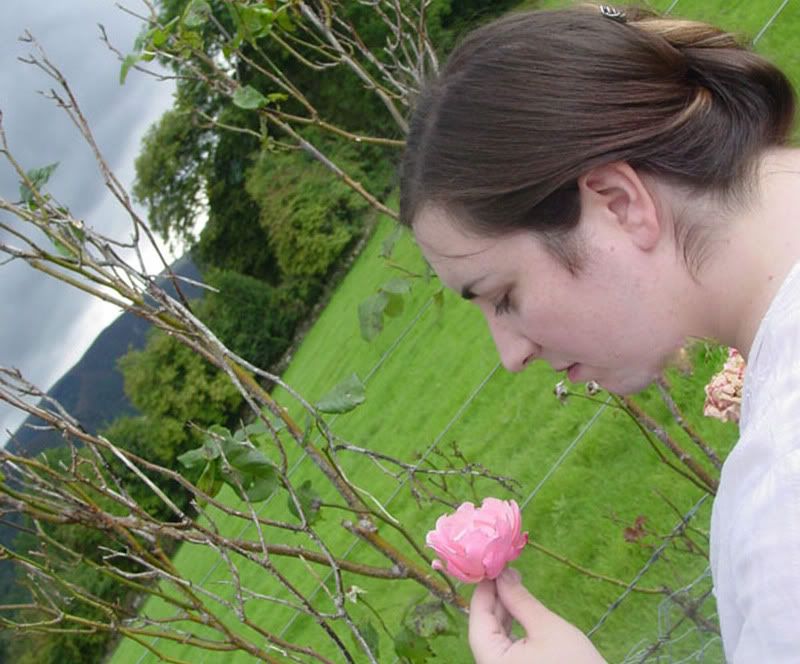

0 Comments:
Post a Comment
<< Home